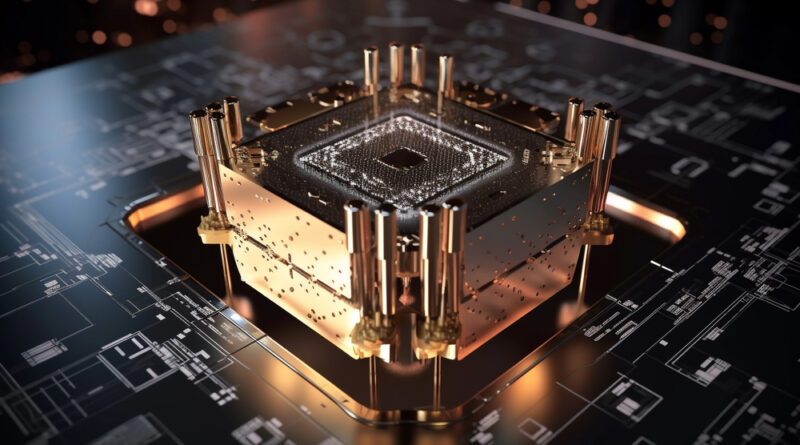Google Quantum Exec Predicts Breakthrough in Quantum Computing Within Five Years
In a recent interview with CNBC, Julian Kelly, Google Quantum AI’s director of hardware, predicted that quantum computing is on the brink of a breakthrough, with practical applications that surpass the capabilities of today’s classical computers expected within the next five years.
Kelly made the remarks during an interview with CNBC’s Deirdre Bosa, highlighting the potential of quantum computers to tackle problems that are currently unsolvable by modern technology. “We think we’re about five years out from a real breakout, kind of practical application that you can only solve on a quantum computer,” Kelly said.
Quantum technology, which leverages qubits—units that can exist in multiple states simultaneously—has long been touted as the next frontier in computing. Unlike classical bits, which operate in binary states of 0 or 1, qubits utilize the principles of quantum mechanics to perform complex calculations at unprecedented speeds.
This surge of interest comes after Google announced a breakthrough in error correction last December, a significant step toward realizing fully operational quantum computers. Currently, Google’s most advanced quantum system houses 105 qubits. However, experts agree that scaling up to one million or more qubits is necessary to achieve the full potential of the technology.
“Quantum computers speak quantum mechanics—they can access the way the universe works at the most fundamental level,” Kelly explained. He added that the first applications for quantum computing are likely to involve simulating cutting-edge physics, addressing problems that remain out of reach for classical computing systems.
While the prospect of AI-enhanced data generation using quantum computers remains speculative, Kelly acknowledged that quantum systems could potentially create novel data sets for training artificial intelligence models. However, he noted that current AI frameworks are not yet compatible with quantum architectures.
The competitive landscape in quantum computing is heating up. Earlier this year, Microsoft introduced its new quantum chip, Majorana, developed through the creation of an “entirely new state of matter,” according to CEO Satya Nadella. Meanwhile, Nvidia’s recent Quantum Day event brought together industry leaders, including representatives from Amazon and Microsoft, to discuss the future of the technology.
Despite the optimism from quantum experts, some industry voices remain cautious. Nvidia CEO Jensen Huang had previously questioned the timeline for practical quantum computers, though he recently walked back his remarks, reaffirming the technology’s vast potential while acknowledging the complexity of the field.
As quantum computing continues to evolve, the next five years may well usher in a new era of computing capabilities—one where the limitations of classical computing are finally overcome. For now, Google’s bold prediction adds to the growing anticipation that the quantum revolution is closer than many previously thought.
Photo Credit: DepositPhotos.com

